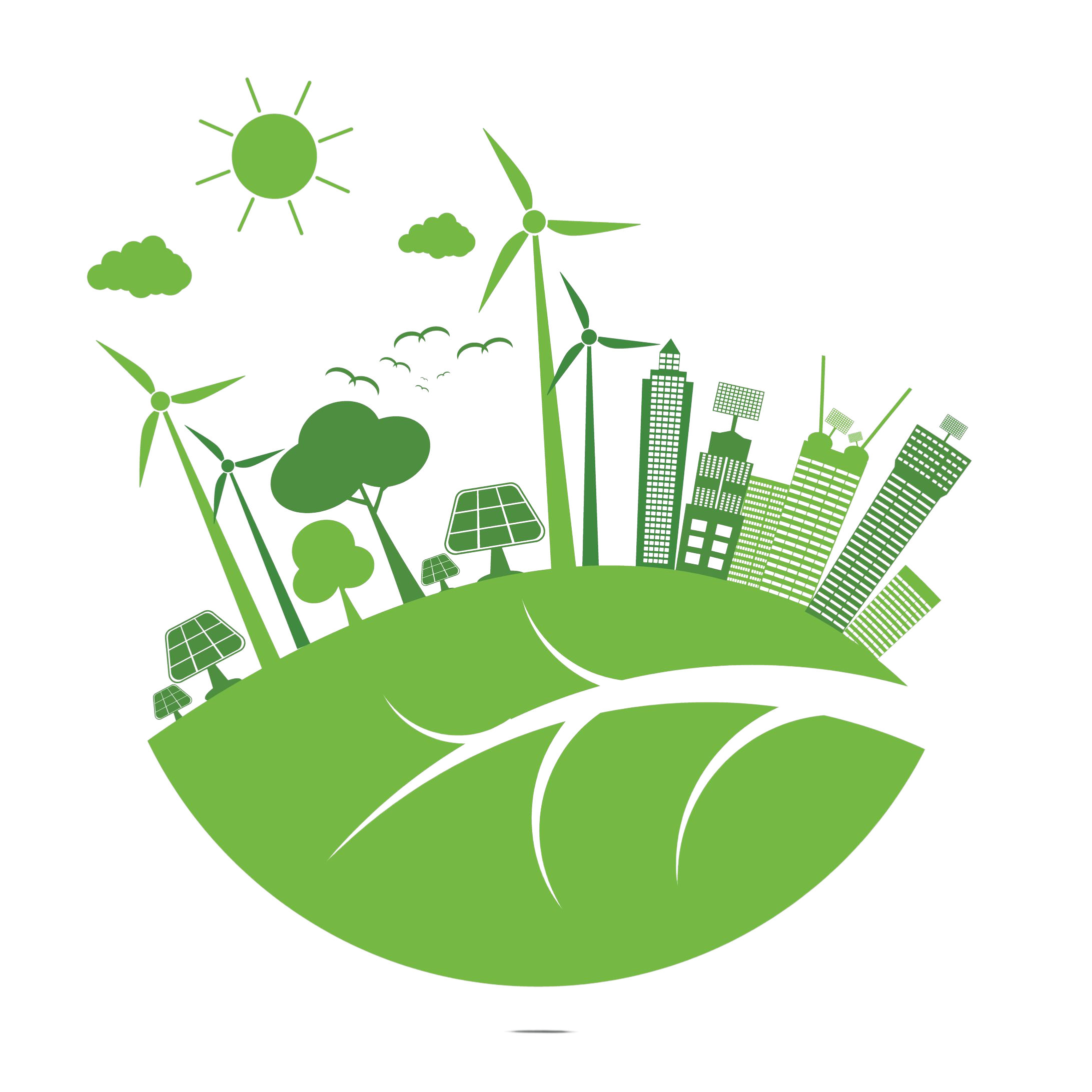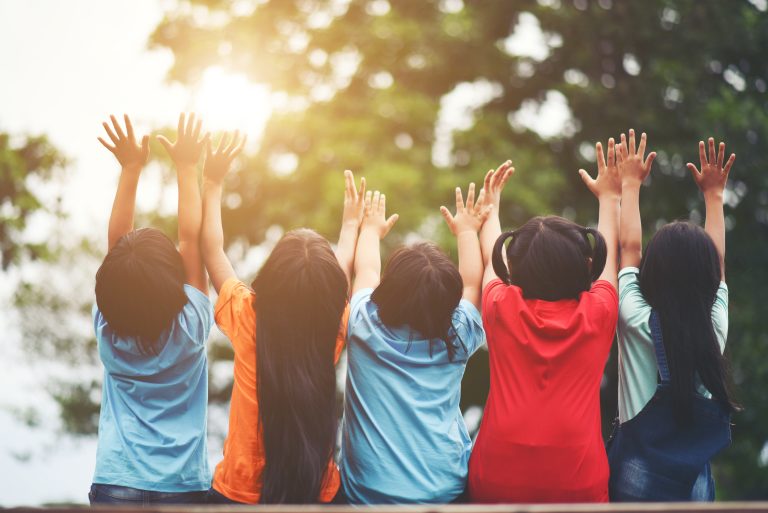About Us









“Experiential learning on Climate Literacy and Awareness in primary schools of deprived communities” with the acronym CLIMATE EARLY and the project number 2022-1-CY01-KA210-SCH-000083726 is a small -scale partnership in school education and it started on 01/11/2022 and has a duration of 18 months.
A Training package focused on climate literacy and awareness, including domain-specific content and eco-friendly activities that educators can use with their students,
Training workshops (1 in each country) to Primary educators who will enhance their own climate literacy through experiential learning and become the CLIMATE EARLY Ambassadors equipped to transfer this pedagogical approach to their students
Implementation of Classroom and Field Labs enabling CLIMATE EARLY Ambassadors to apply their learning using in-class experiments and outdoor demonstrations with 150 students, all carried out using environmentally friendly approaches (Rethink, Refuse, Reduce, Reuse, Recycle and Responsible Disposal)
Virtual knowledge sharing roundtables that will allow for cross-border networking and exchange of best practices between primary educators and environmentalists in Cyprus and Malta; (5) dissemination of the project utilising digital tools, audio-visual materials, and communication networks to reach at least 50,000 school educators, environmental organizations, policy makers, youth, public services, target groups associations, civil society and EU citizens
The project objectives are to enhance the quality of early education teaching in deprived areas in environmentally conscientious ways and in the context of sustainable development. Considering there is a need to provide information and experiential experiences to children on important environmental issues, the project is being proposed at the right time, inspiring educators and students to become responsibly equipped for a better tomorrow, with greater environmental awareness. Another key objective is to accelerate knowledge-sharing, peer mentoring and exchange of best practices between educators in a virtual environment ensuring in this way the sustainability of the project resources and outcomes.


